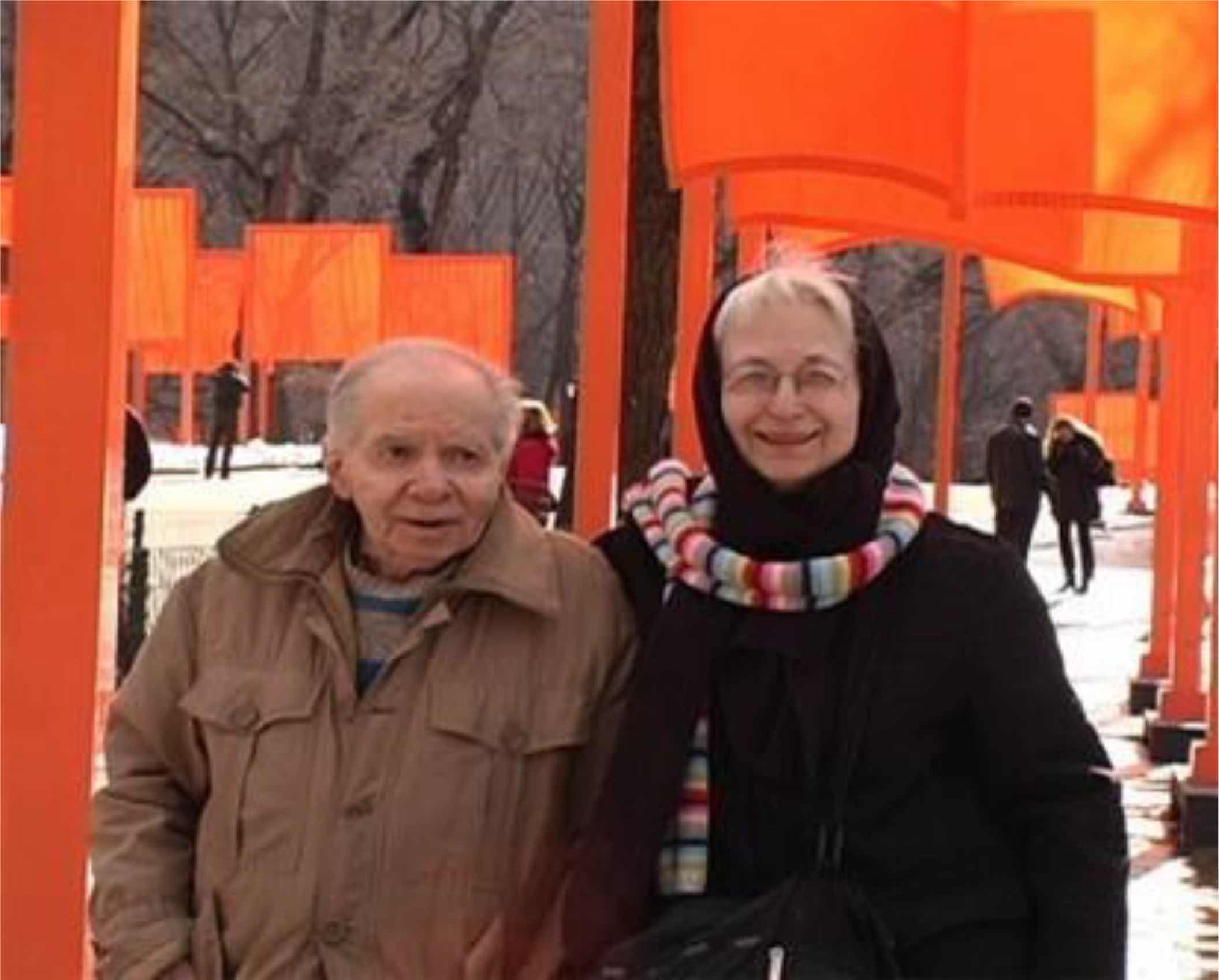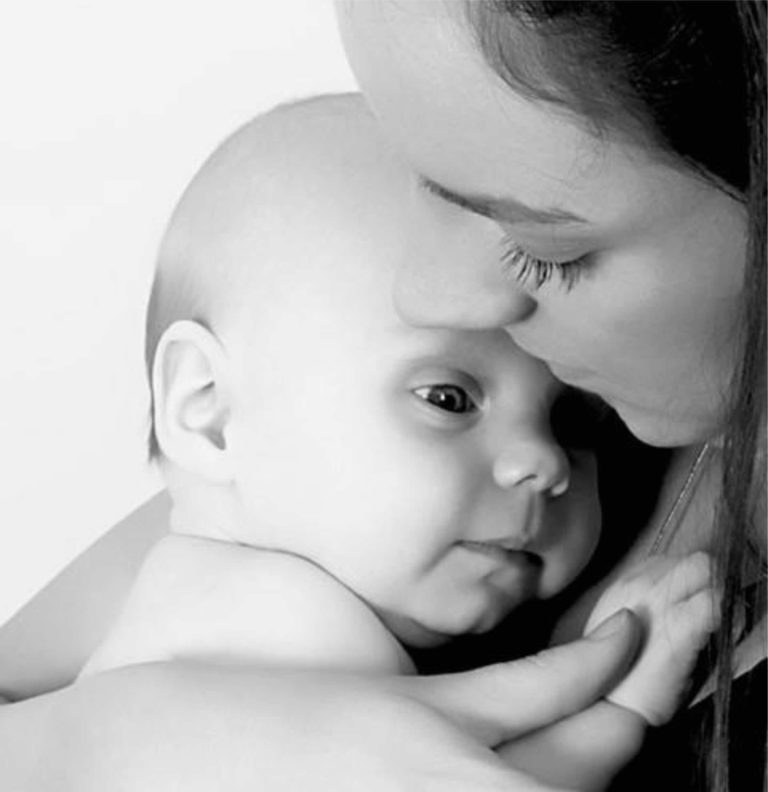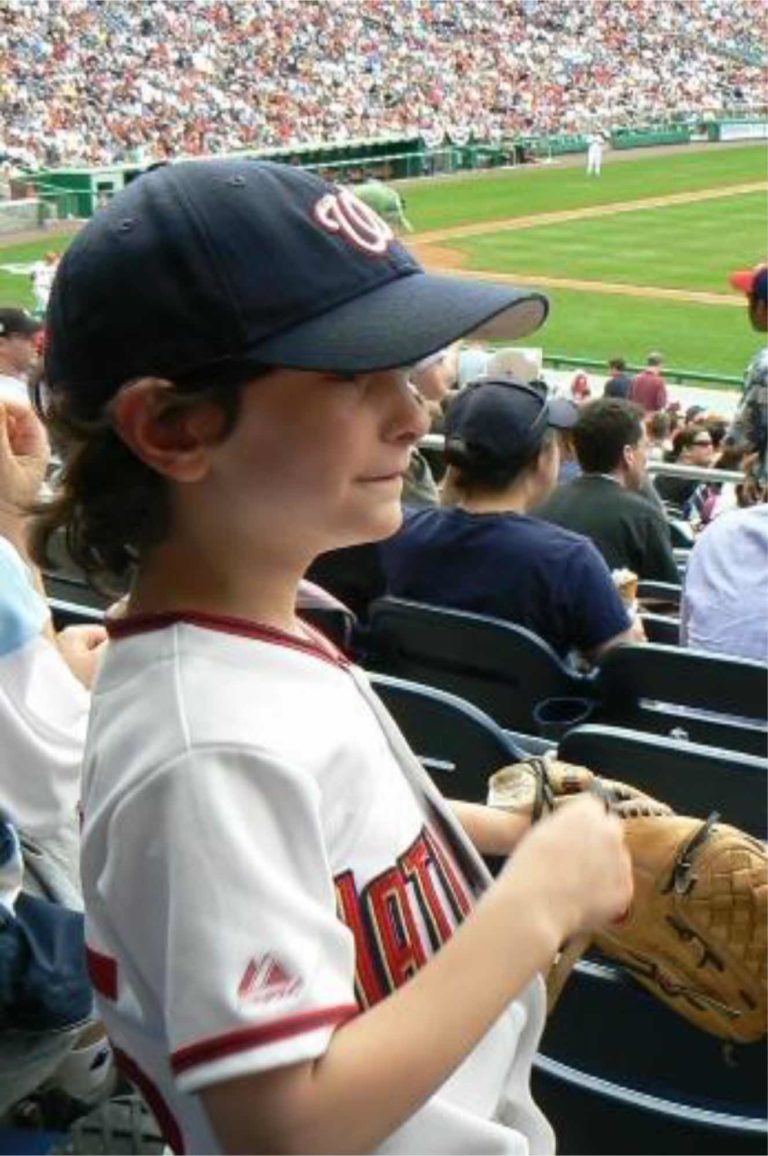In the documentary, “Herb and Dorothy”, we meet the Vogels, who acquired a world renowned collection of conceptual and minimal art in New York City. Herb sorted letters for the Postal Service at night and Dorothy was a librarian at the Brooklyn Public Library. They lived on Dorothy’s salary and devoted Herb’s salary to collecting art on a cash and carry basis, buying nothing they could not carry home on the subway. In 2009 they donated a substantial portion of their collection to the National Gallery with the rest donated to museums in fifty states.
The Vogels were parental, because by buying the works of unknown artists they literally “helped them pay the rent.” The Vogels were also intensely interested in the thoughts and feelings of the artists, relating to them with warmth and humor. Some artists became the Vogels’ close friends, with weekly hour-long phone calls, to “catch up.” These artists say they felt like family, and when the Vogels, in turn, speak of “our children;” they are referring to art works, which symbolize their deep, loving relationship with the artists.
Artists say the Vogels, unlike other collectors, who look only at their latest work, want to see everything, even their earliest efforts. They seem like parents with the family photo album tracing how their kids have grown. Gazing at a work in progress, Herb Vogel exclaims “Wow!” But he also comments on how the work might go further. Herb and Dorothy gently inspire their artists in subtle ways imparting to them a sense of their potential. They evoke Hans Loewald’s view of the psychoanalyst, who is like a good parent, “ahead in his vision of the child’s future…mediating his vision to the child;” the Vogels exemplify the parent (and the psychoanalytic clinician) as Muse.



